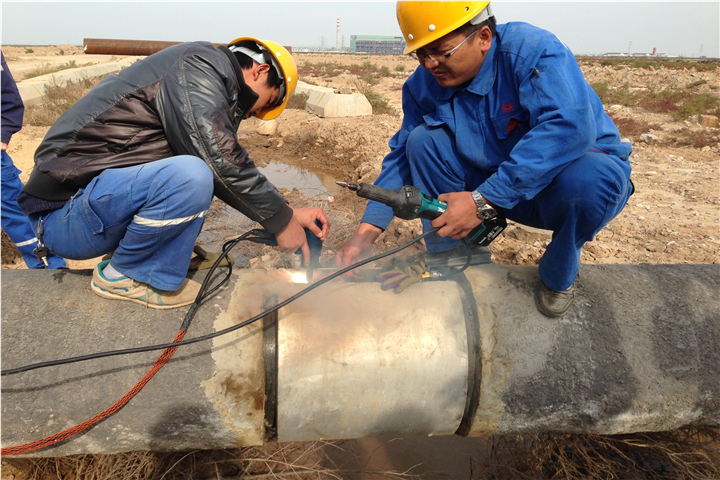Introduction to Corrosion & CP
• Basics of corrosion and electrochemical cells
• Overview of corrosion control methods
• Introduction to cathodic protection: principles and types
Cathodic Protection Fundamentals
• Galvanic vs Impressed Current CP systems
• Key terminology and concepts
• Polarization, current flow, and protection criteria
CP System Components & Configuration
• Anodes, rectifiers, test stations, reference electrodes
• CP design basics: current requirements, soil resistivity
• Coating and CP interaction
Field Measurement Techniques
• Equipment overview: voltmeters, multimeters, clamp meters
• Reference electrodes and their placement
• Measuring structure-to-electrolyte potentials
Inspection and Monitoring Protocols
• Scheduled inspections and monitoring procedures
• Test point surveys, close-interval potential surveys (CIPS)
• Current requirement and continuity testing
Stray Current and Interference
• Sources and effects of AC/DC stray currents
• Detection techniques
• Interference mitigation (bonding, decouplers)
CP Data Interpretation and Reporting
• Analyzing field measurements
• Instant-off, IR drop, and depolarization evaluation
• Preparing and reviewing CP inspection reports
CP Standards and Compliance
• Overview of NACE, ISO, and regional standards
• NACE SP0169, SP0575, and others
• Regulatory compliance and audit preparation
• Use of interrupters, data logging, and trouble-shooting
• Field data collection, entry, and analysis
• Case Studies, Review, and Final Assessment
• Real-world inspection scenarios Group discussion of CP system failures






comments (0)